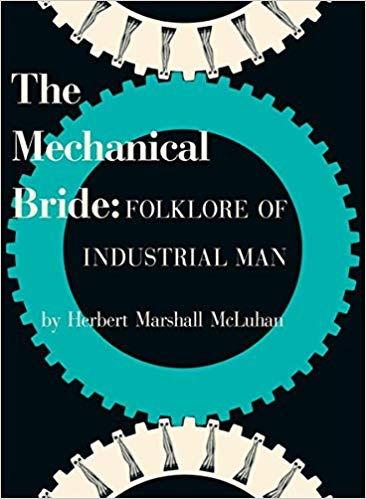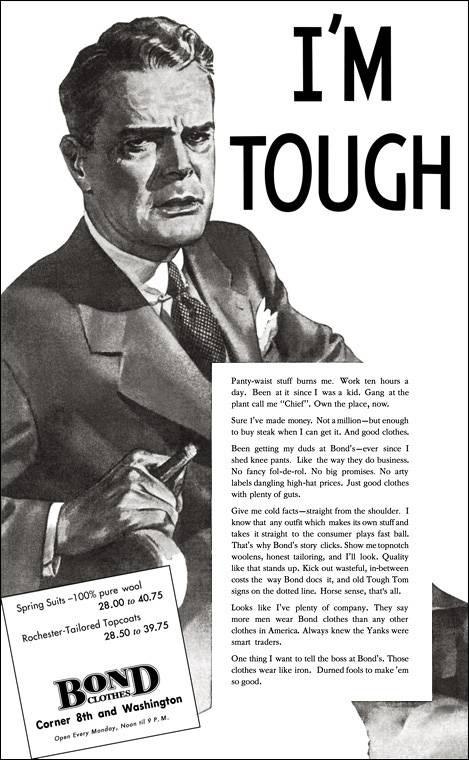Book Review: THE MECHANICAL BRIDE by Marshall McLuhan
An early work by the Prophet of the Digital Age.
Book review: THE MECHANICAL BRIDE: FOLKLORE OF INDUSTRIAL MAN (1951) by Marshall McLuhan
Marshall McLuhan (1911-1980) was called "the prophet of the digital age." He predicted the social and psychological effects of electronic media before anyone else — and coined the phrase "the Global Village" to describe the interconnected world we live in today.
But before that, he was a Canadian professor of literature who began to study mass media — before "media theory" existed as a serious subject matter.
McLuhan's lectures on the subject formed the basis of THE MECHANICAL BRIDE. Here he picks examples of popular media from the 1940s and 50s — newspaper front pages, magazines, comic books, gossip columns, advertising — and picks them apart with an intellectual scalpel.
In his later works, McLuhan focused more on the effects of a medium itself. But here he is interested in the “hidden message” of the content, often hiding in plain sight (the best of all hiding-places).
One of the ads that McLuhan picks apart in this book.
Old ads often look laughable when viewed with today's eyes — but when they were new, they could be effective. Note that the brand “BOND Clothes” existed before Ian Fleming wrote his first James Bond novel. The fictional James Bond often behaves like a character in an ad, who gains “identity” through the brands and products he consumes.
Advertising and James Bond are aspects of the same world: Consumerism as a lifestyle. Ads have conditioned us to think this is “the meaning of life”; for thousands of years, it certainly wasn’t.
Please note: McLuhan is not a moral crusader. His tone is detached, witty, only occasionally condemning the cynicism of advertising agencies and their manipulation of the public mind.
Most of all he probes, asks questions, provokes the reader to think consciously about the messaging in media:
- Why are Clark Kent and Dagwood (in the comic strip BLONDIE) popular, despite the fact that they are both rather pathetic?
- Why are ads using symbols to push products?
- What desires are being used (and distorted) to push products?
- How does a right-wing newspaper (the Fox News of its time) combine different news stories to create a "narrative" that pushes its agenda?
We may be more media-savvy today than when this book was new… but it is still a thought-provoking work. And McLuhan has a bit of "angry young man" in him here, that is absent in his later works.
It is possible that this book inspired the writers of MAD Magazine to poke fun at ads, because THE MECHANICAL BRIDE is both clever and funny.
This book is available in several reprint editions. Recommended!
THE MECHANICAL BRIDE is frequently very amusing. Such as in this example: McLuhan picks apart a TIME Magazine ad, wherein news reporters advertise and write up themselves. (That thing is still going on today; few professions are as prone to self-glorification as news reporting. I mean, you don’t see firemen going around constantly telling everyone how awesome firemen are. But news reporters… don’t get me started.)
Further reading:
McLuhan’s UNDERSTANDING MEDIA, THE GUTENBERG GALAXY, and WAR AND PEACE IN THE GLOBAL VILLAGE.






Great to the point read!